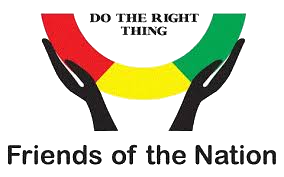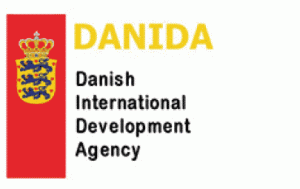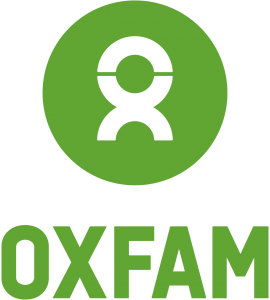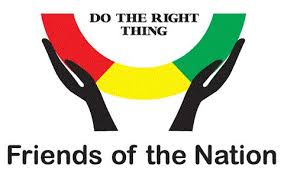HOME|| WHAT WE DO || ADVOCACY|| IEDEAC
Inclusive Economic Development and Education for Active Citizenship (2019 – 2021)
Background
To demonstrate the potential of how government accountability and active citizenship can boost domestic revenue mobilization the Shama District Assembly, Friends of the Nation and Oxfam have facilitated the institutionalization of a social accountability model in Shama. By supporting the Assembly to transform from a closed bureaucracy to an open, inclusive and transparent district representation, the local government has improved its governance, and working relationship with its citizens. This approach has now been branded the “Shama Model”. The model is built around the four dimensions of social accountability, including participation, transparency, social monitoring/audit and feedback mechanisms. Using these dimensions of social accountability, the model developed a medium-term plan, used accountability notice boards and organized yearly People’s Forums. The Shama model shows that increased transparency in local governance combined with opportunities for citizens to co-create development plans and hold the government accountable strengthens the contract between citizens and the state and in this case increases tax payments. Local tax collection has increased by an average of 20–30% per year in the last four years.
As part of measures to improve and sustain the Social Accountability and Domestic Revenue Mobilisation (DRM) gains, the Shama District Assembly has developed a Revenue Improvement Action Plan (RIAP). Some of the key actions in this Plan include development of a comprehensive and reliable database on properties and businesses across major communities in the district; training of revenue collectors on innovative revenue mobilisation software and public education on Domestic Revenue DRM enhancement and the need to pay taxes.
Against this background, this project seeks to work with the Shama District Assembly to boost its domestic revenue mobilisation capabilities and train citizens’ groups, media and traditional leaders on budget cycle and basic budget advocacy skills to influence pro-poor and gender responsive budgeting.
Objectives
- To increase evidence on rateable properties and businesses for enhanced revenue collection and management in Shama District.
- To strengthen the capacity of market women and media on budget cycle and budget advocacy skills to influence pro-poor and gender responsive taxation and budgeting.
- To increase rate payers’ participation in fee-fixing
- To increase public awareness on Domestic Revenue Management enhancement and pro-poor budget management.
Results (so far):
- 10 Community Environmental Monitoring and Advocacy Group (CEMAG) and Assembly Officers trained on Data Collection Techniques, Communication Strategies and the using of smart devices to collect geo-spatial data on properties in 11 communities in Shama District.
- 4,039 properties (up from a baseline of 254) were enumerated with a potential property tax revenue of GHS 484,190.00 (US$85,000.00) in the 2021 fiscal year which is about 19% of the expected internally generated funds in Shama District.
- The Assembly have awarded contracts for the renovation of market sheds, improved power and water supply and better sanitation in three markets resulting in Shama Junction market resuming payment of market tolls.
- Improved understanding of the media on the legal frameworks in revenue mobilization at the local level and tools to monitor the use of the Assembly’s resources.
- Stakeholders agree to establish a Quarry Development Fund to maximise the benefits of quarry operations and increase revenues for the Assembly to invest in pro-poor projects and programmes.
- Improved compliance to building permitting and spatial planning regulations.
- 75 CSOs, citizens groups, traditional leaders, landowners and media equipped with relevant knowledge on local government planning and budget cycles, land use and spatial development and basic advocacy skills to influence pro-poor and gender responsive budgeting.
- Over 1,000 people directly reached through 6 public forums to increase awareness on the need for citizens to pay their taxes to boost domestic revenue mobilisation and pro-poor budget management.
Partners




